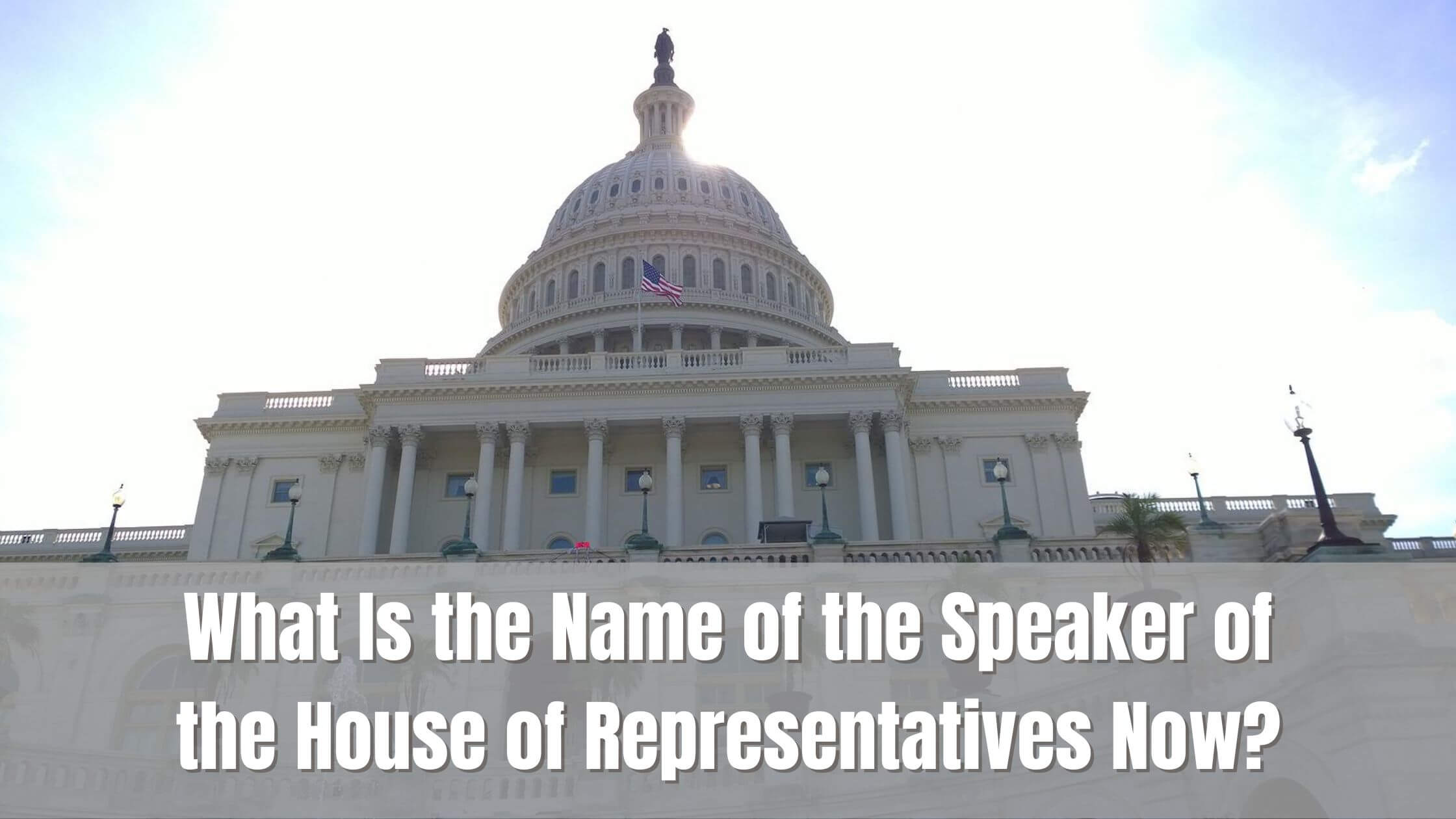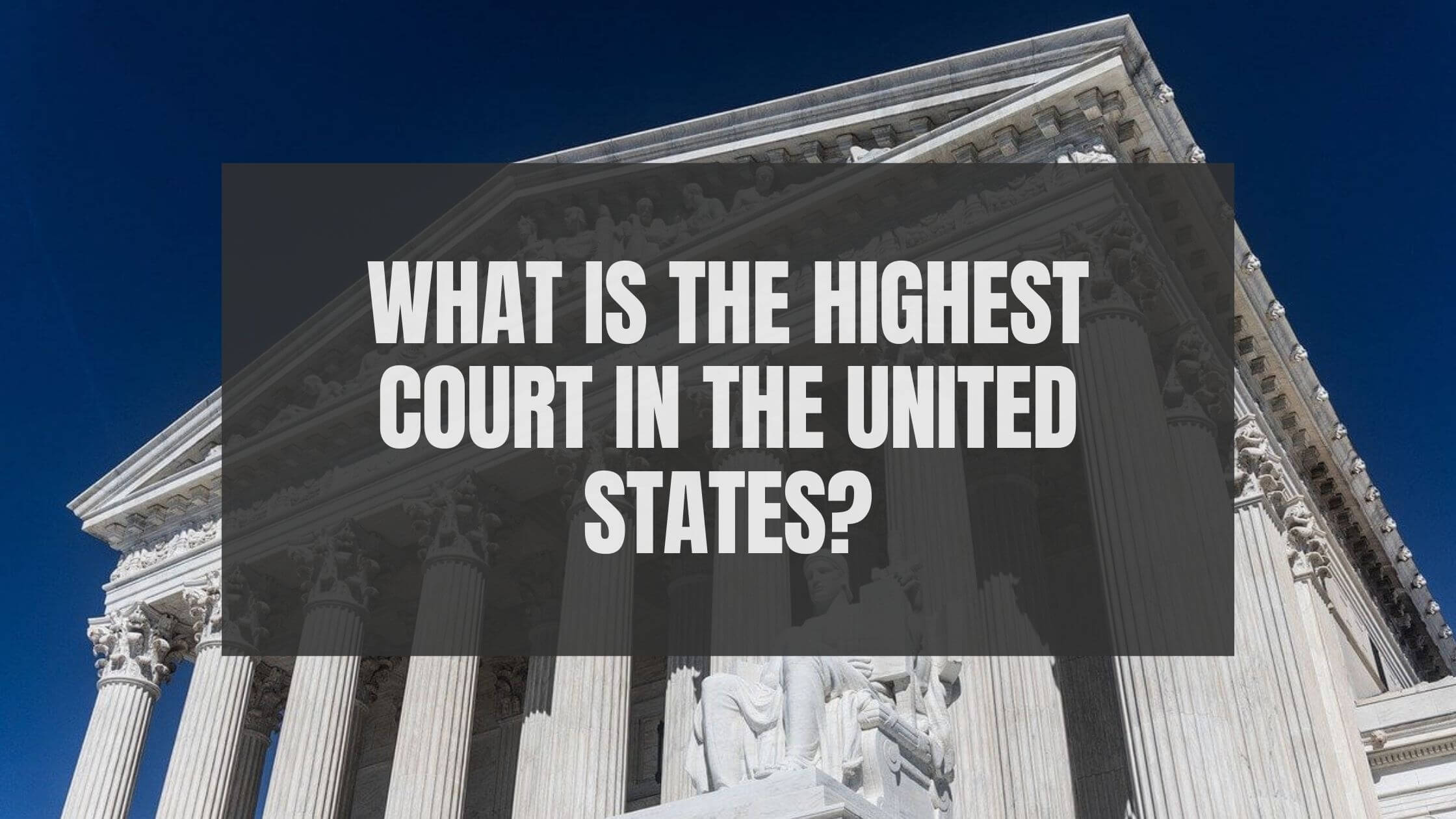Table of Contents
ToggleMike Johnson – Current Speaker of the House
The current Speaker of the House of Representatives is Mike Johnson. He has held the position since October 25, 2023. He is a Republican representative from Louisiana.
What Does the Speaker Do?
The Speaker of the House of Representatives leads the House and manages its legislative work.
Key duties include:
Setting the legislative agenda for the House
Explaining House actions to the public and other officials
Assigning members to House committees
Working with the Rules Committee to set debate rules
Overseeing House offices, including the Clerk, Sergeant at Arms, Chief Administrative Officer, and Chaplain
Receiving official messages from the President and federal agencies
Enforcing House rules during debate and voting
Who Picks the Speaker?
Other members of the House will choose the Speaker at the start of the new Congressional session. Each party votes in its own caucus to select a Speaker nominee. The nominee who receives a majority of votes on the House floor becomes Speaker.
The party in control of the House will typically ensure the Speaker will be of the same party.
For example, Nancy Pelosi’s first two terms as Speaker came when the Democrats controlled the House. Republican John Boehner took over as Speaker after House Republicans took control.
Paul Ryan eventually replaced him before Pelosi could get the Speaker title back when the Democrats regained control of the House.
The Speaker must be elected to serve in the House.
How Does the Election Process Work?
At the start of a new Congress, each party selects a Speaker nominee in a caucus vote.
The full House then holds a roll call vote. Each member votes aloud for a candidate.
A candidate must receive a majority of votes cast to become Speaker. If no one reaches a majority, additional rounds of voting occur.
What Happens If the House Has No Speaker?
If the House has no Speaker, it cannot conduct most legislative business. The Clerk of the House presides temporarily and oversees the election process until a Speaker is chosen.
Is the Speaker Election Divided by Party?
The Speaker is usually from the party that controls the House. Members can vote for someone outside their party, but this is rare.
In the 2019 Speaker election, Pelosi received the most Democratic votes, while Republicans largely supported Kevin McCarthy.
How Long Can Someone Be a Speaker?
A Speaker serves for a two-year congressional term. There is no limit on how many terms a person may serve. A Speaker can remain in the role as long as they continue to win election by the House.
How Can a Speaker Be Removed?
The Speaker can be removed by a vote of the full House. Any member may introduce a motion to vacate the chair. If a majority of House members vote in favor, the Speaker is removed from office.
Where Does the Speaker Appear in the Line of Presidential Succession?
The Speaker is second in the line of Presidential succession, behind only the Vice President. If the President and Vice President were both unable to serve, the Speaker would assume the powers and duties of the presidency. The Constitution, under Article II, Section 1, gives Congress the power to set the presidential line of succession, and Congress exercised that power through the Presidential Succession Act
Could the Speaker Be Independent?
All Speakers have been affiliated with a political party. Most have been Democrats or Republicans, though earlier Speakers represented now-defunct parties.
Nathaniel Banks remains the only Speaker elected while affiliated with the American Party.
Previous Speakers of the House
Former Speaker Nancy Pelosi
Nancy Pelosi is a former Speaker of the House of Representatives from California. She served as Speaker from 2007 to 2011 and again from 2019 to 2023.

Get Smarter on US News, History, and the Constitution
Join the thousands of fellow patriots who rely on our 5-minute newsletter to stay informed on the key events and trends that shaped our nation's past and continue to shape its present.
Pelosi became the first woman to hold the Speaker of the House position when she became Speaker of the 110th United States Congress on January 4, 2007. She was elected as Speaker of the 111th Congress in 2009 but forfeited the position after the Democratic Party lost control of the House in 2011.
Pelosi returned to the Speaker role for the 116th United States Congress on January 3, 2019, after the Democrats took back the House.
Who is the longest-serving Speaker?
Sam Rayburn of Texas is the longest-serving Speaker in U.S. history. He was elected to the Speaker position ten times, first in September 1940 following the death of his predecessor, Alabama Democrat William Bankhead. Rayburn served from 1946 to 1949, from 1952 to 1955, and from 1955 to his death in November 1961.
Tip O’Neill of Massachusetts held the longest uninterrupted tenure, serving from 1977 to 1987.
Theodore Pomeroy of New York had the shortest tenure as Speaker. He served for one day in 1869 after Schuyler Colfax resigned.











